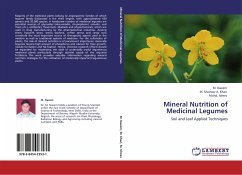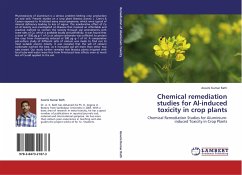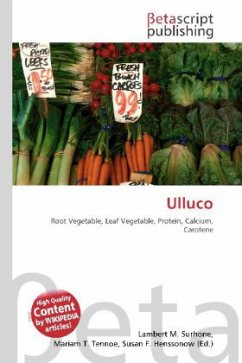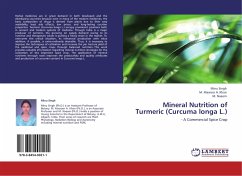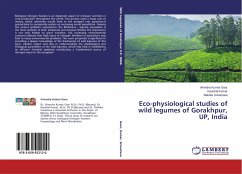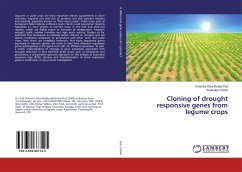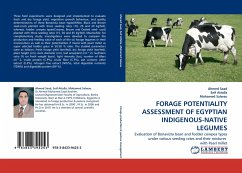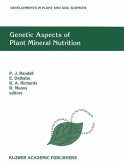Majority of the medicinal plants belong to angiospermic families of which legume family (Fabaceae) is the third largest, with approximately 650 genera and 20,000 species. A handsome number of medicinal legumes are potential sources of glycosides (aloe-emodin, chrysophenol, emodin, and rhein etc.), antibiotics, flavonoids, alkaloids and phytochemicals, which are used in drug manufacturing by the pharmaceutical industries. Among them, hyacinth bean, senna sophera, coffee senna and cassia tora constitute the most important source of therapeutic agents used in the modern as well as traditional systems of medicine. For the cultivation of plants, the role of mineral nutrition is of paramount importance. Generally legumes require high amount of phosphorus and calcium for their growth, nodule formation and N2-fixation. Hence, intensive research efforts should be expanded for maximizing the yield of potentially useful leguminous medicinal plants particularly through optimal supply of the required fertilizers. This work provides valuable information regarding mineral nutrition strategies for the cultivation of medicinally important leguminous plants.
Bitte wählen Sie Ihr Anliegen aus.
Rechnungen
Retourenschein anfordern
Bestellstatus
Storno

